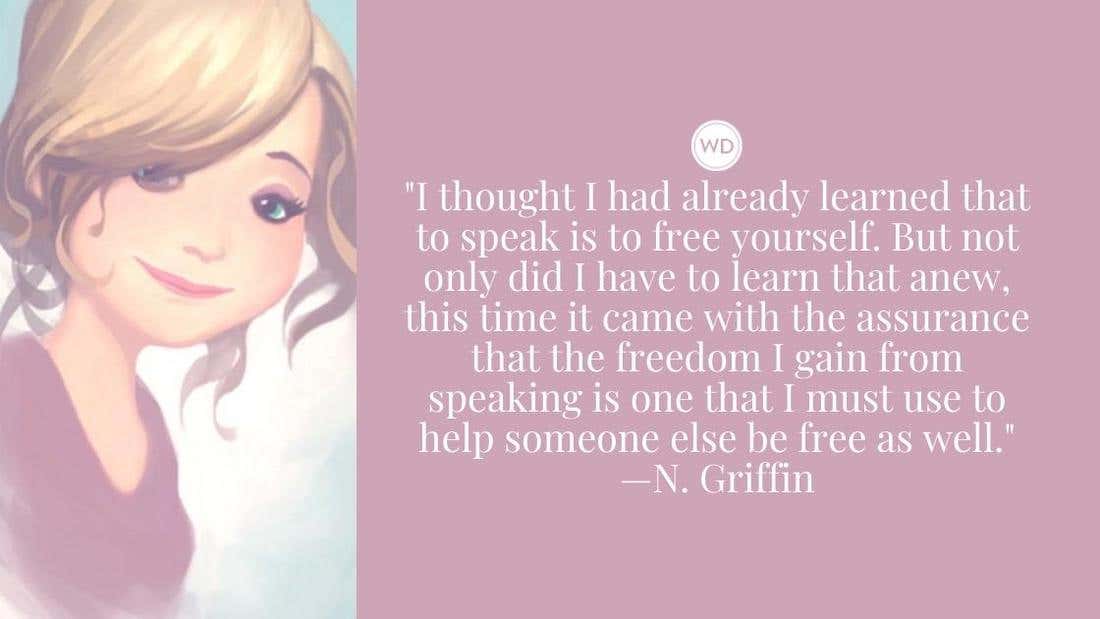10 Great Writing Ideas For Kids
Learn how to introduce the idea of journaling to your child.
Writing in a journal about the ups and downs of everyday life helps children deal with their emotions, permitting them to enter a magical realm of self-expression that might otherwise lay dormant. Journaling also helps children to think creatively and develop a stronger grasp of the English language. Plus, journaling with your child can enhance the relationship you share.
Introduce the idea of journaling to your child by emphasizing how fun it would be to have a "memory book"—a place to write down stories, ideas and special thoughts. Explain to your child that it will be something that is his very own and will be kept in a special place in his room.
You can further interest your child by shopping together for the book itself. A spiral notebook with a favorite character might be a good selection for a younger child. An older child might prefer a fabric-lined, hardcover journal. It's important you let your child make the final decision or she may lose interest before she even begins. Make it a fun experience!
Once you introduce the idea of writing to your children, however, the real struggle begins. How do you keep him writing in a journal on a regular basis? Try these tips:
• Start your child's writing habit off by writing about something humorous. What about siblings at the dinner table? The antics of a sibling's eating behavior are sure to invoke laughs.
• Tell a story with pictures. Younger children, those who aren't yet reading and writing, can still be encouraged to "write." Have your toddler draw a story with crayons or markers. Once she has completed her "story," laminate and bind the pages together to create a book that you can read together.
• Write about a family trip. Help your child remember the details: Where did you go? What was the most fun? What did you see? How did your child feel prior to the trip — excited or nervous? What were the sounds and smells of the place you visited? Encourage your child to describe them.
• Write about a moment when mom or dad was angry. This not only helps your child express his feelings, it also allows you to see yourself through his eyes.
• Make a list of things your child wants to do or be. Let the creative juices run wild. Help her know that she can do anything she sets her heart to.
• Describe a moment when your child was sad, mad or happy. Children need to express their feelings, so make sure not to criticize the emotions they feel. Simply let your child write. You can talk about the feelings he expressed later on.
• Write a story pretending to be something else — an inanimate object like a favorite toy or even the dishwasher (strange, yes, but it could be a lot of fun). Or pick something in the yard like a bee, a flower or the dog. Ask your child to describe what the "something else" is doing, seeing, feeling, hearing and smelling.
• Vary your child's writing experiences by helping her write a letter or poem. Ask her to write to a friend, a grandparent or the Tooth Fairy. Or have your child write a greeting card for someone special.
• Rewrite a favorite story so that your child is the hero. Let your child read the story to you at bedtime.
• Sit in front of a window or mirror and help your child describe his reflection. Try to do this at times when your child looks different, like when he's dirty from playing or after just waking up.
With practice, encouragement and a little patience, you can help your child develop a lifelong love of journal writing and healthy self-expression. Help your child keep the pen on the page!
This article appeared in the April 2001 issue of Personal Journaling.









